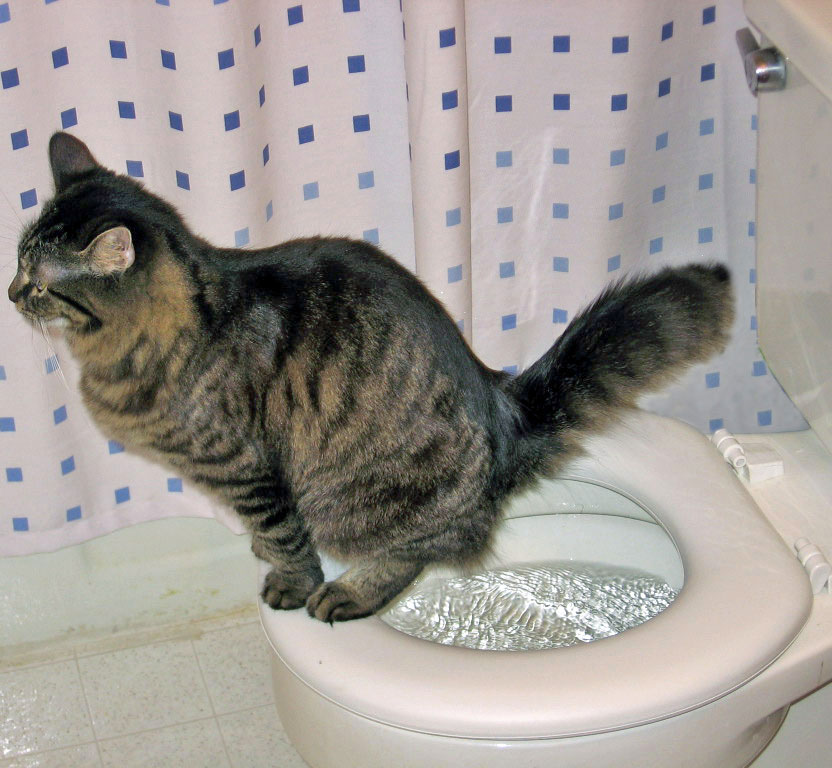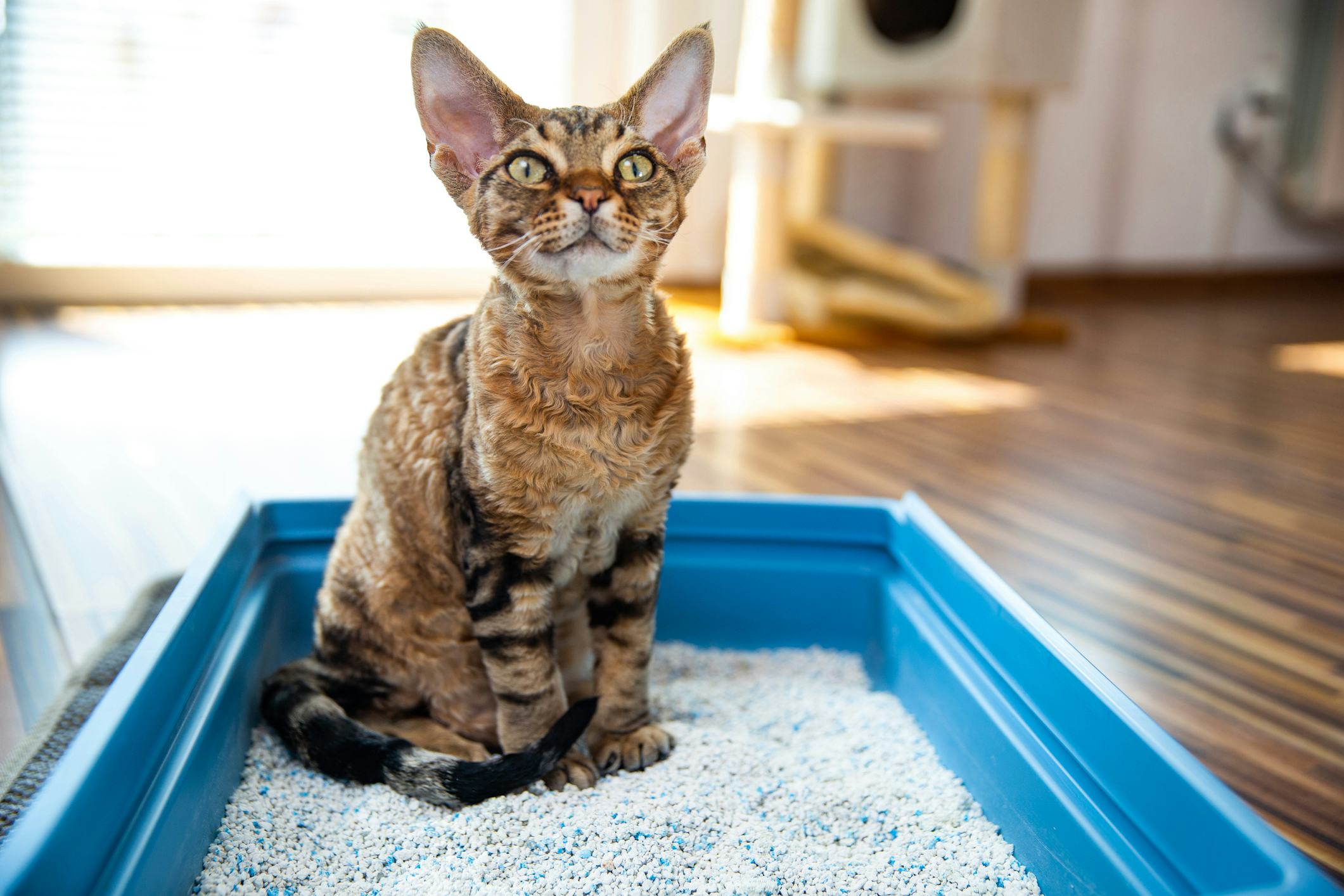Prevent Plumbing Problems: Don't Flush Cat Poop Down Your Toilet - Professional Advice
Prevent Plumbing Problems: Don't Flush Cat Poop Down Your Toilet - Professional Advice
Blog Article
What are your opinions with regards to How to Dispose of Cat Poop and Litter Without Plastic Bags?

Introduction
As pet cat owners, it's essential to bear in mind exactly how we get rid of our feline buddies' waste. While it might appear hassle-free to purge pet cat poop down the bathroom, this technique can have damaging repercussions for both the environment and human health.
Environmental Impact
Flushing pet cat poop introduces hazardous pathogens and parasites right into the water, positioning a substantial risk to aquatic communities. These impurities can adversely affect aquatic life and concession water high quality.
Health Risks
Along with environmental concerns, purging feline waste can likewise position wellness dangers to human beings. Feline feces may consist of Toxoplasma gondii, a parasite that can cause toxoplasmosis-- a potentially extreme disease, specifically for pregnant ladies and people with weakened body immune systems.
Alternatives to Flushing
Fortunately, there are much safer and much more responsible methods to deal with pet cat poop. Consider the following options:
1. Scoop and Dispose in Trash
The most typical method of getting rid of feline poop is to scoop it right into a naturally degradable bag and toss it in the trash. Be sure to use a specialized clutter scoop and dispose of the waste without delay.
2. Usage Biodegradable Litter
Select eco-friendly feline trash made from products such as corn or wheat. These clutters are environmentally friendly and can be securely thrown away in the garbage.
3. Bury in the Yard
If you have a lawn, take into consideration hiding pet cat waste in a marked area far from veggie yards and water resources. Make sure to dig deep sufficient to avoid contamination of groundwater.
4. Set Up a Pet Waste Disposal System
Purchase a pet dog waste disposal system especially made for pet cat waste. These systems utilize enzymes to break down the waste, decreasing smell and ecological influence.
Final thought
Accountable pet dog ownership expands beyond providing food and shelter-- it additionally involves correct waste administration. By refraining from purging feline poop down the toilet and choosing different disposal methods, we can lessen our ecological footprint and shield human health and wellness.
Why You Should Never Flush Cat Poop Down the Toilet
A rose by any other name might smell as sweet, but not all poop is created equal. Toilets, and our sewage systems, are designed for human excrement, not animal waste. It might seem like it couldn’t hurt to toss cat feces into the loo, but it’s not a good idea to flush cat poop in the toilet.
First and foremost, assuming your cat uses a litter box, any waste is going to have litter on it. And even the smallest amount of litter can wreak havoc on plumbing.
Over time, small amounts build up, filling up your septic system. Most litter sold today is clumping; it is made from a type of clay that hardens when it gets wet. Ever tried to scrape old clumps from the bottom of a litter box? You know just how cement-hard it can get!
Now imagine just a small clump of that stuck in your pipes. A simple de-clogger like Drano isn’t going to cut it. And that means it’s going to cost you big time to fix it.
Parasitic Contamination
Believe it or not, your healthy kitty may be harboring a nasty parasite. Only cats excrete Toxoplasma in their feces. Yet it rarely causes serious health issues in the cats that are infected. Most people will be fine too if infected. Only pregnant women and people with compromised immune systems are at risk. (If you’ve ever heard how women who are expecting are excused from litter cleaning duty, Toxoplasma is why.)
But other animals may have a problem if infected with the parasite. And human water treatment systems aren’t designed to handle it. As a result, the systems don’t remove the parasite before discharging wastewater into local waterways. Fish, shellfish, and other marine life — otters in particular — are susceptible to toxoplasma. If exposed, most will end up with brain damage and many will die.
Depending on the species of fish, they may end up on someone’s fish hook and, ultimately on someone’s dinner plate. If that someone has a chronic illness, they’re at risk.
Skip the Toilet Training
We know there are folks out there who like to toilet train their cats. And we give them props, it takes a lot of work. But thanks to the toxoplasma, it’s not a good idea.

Do you appreciate reading about How to Dispose of Cat Poop and Litter Without Plastic Bags? Try leaving a review below. We will be delighted to know your suggestions about this blog entry. In hopes that you come back again before long. Sharing is nice. Helping people is fun. I am grateful for your time. Don't hesitate to check our site back soon.
Book 24/7 Report this page